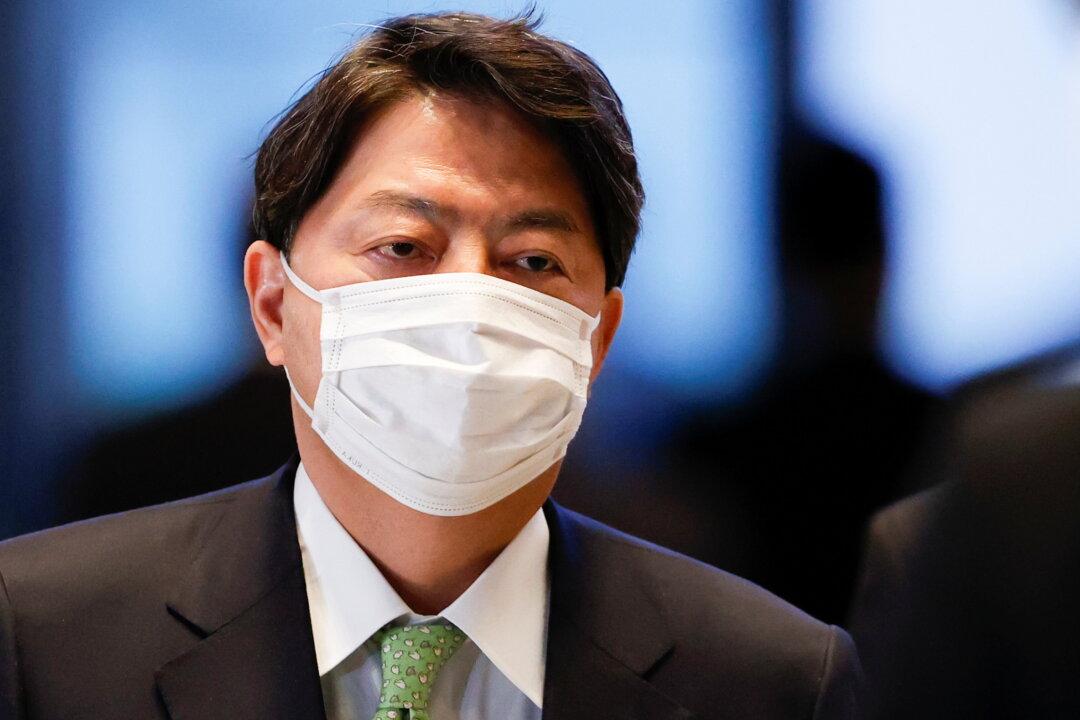Japanese Foreign Minister Yoshimasa Hayashi voiced “serious concerns” about Chinese regime ships repeatedly entering Japanese territorial waters around the Senkaku Islands in a phone conversation with Chinese counterpart Wang Yi, the Japanese Foreign Ministry said Nov. 18.
Hayashi was speaking with Wang, who is also a state councilor, for the first time since taking over as Japan’s top diplomat on Nov. 10.





